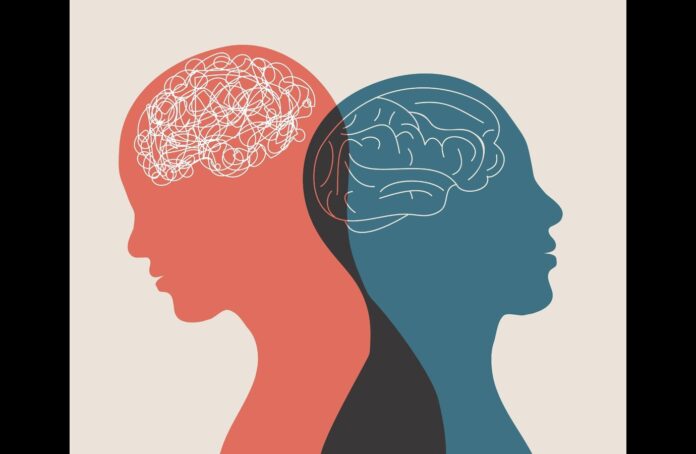In a society grappling with the rising burden of mental health issues, the trust deficit surrounding mental health advice in India has become a subject of concern. The article titled “Why Many Indians Don’t Trust Mental Health Advice: Depression, ADHD, and the Perceived Stigma” sheds light on the multifaceted reasons contributing to this skepticism. By delving into cultural, social, and systemic factors, the piece seeks to unravel the complexities behind the prevailing lack of trust in mental health guidance.
Cultural Stigma and Misconceptions:
One of the prominent factors influencing the skepticism towards mental health advice in India is the enduring cultural stigma surrounding mental illness. Deep-rooted beliefs associating mental health problems with personal weaknesses or divine retribution contribute to the reluctance to seek help or trust professional advice. The article highlights the need for targeted awareness campaigns to dispel these misconceptions and foster a more supportive and understanding environment.
Inadequate Awareness and Accessibility:
The limited awareness and accessibility of mental health services exacerbate the prevailing skepticism. The article explores how a shortage of mental health professionals, particularly in rural areas, leaves many Indians without access to timely and appropriate care. Insufficient mental health infrastructure, coupled with a lack of public investment, creates a perception of an underdeveloped system, further eroding trust in mental health advice.
Medicalization of Mental Health:
The medicalization of mental health issues is another aspect explored in the article. The overemphasis on pharmaceutical interventions, without adequately addressing the broader social and psychological factors, has led to a perception that mental health concerns are often reduced to mere diagnoses. This reductionist approach reinforces skepticism and hinders individuals from seeking help, fearing they will be labeled and solely treated with medications.
Cultural Competence and Language Barriers:
The article also discusses the significance of cultural competence and language barriers in the context of mental health. Recognizing and addressing diverse cultural norms, values, and practices can enhance the credibility of mental health professionals. Additionally, the need for accessible and accurate mental health information in local languages is highlighted as a means to bridge the gap and build trust.
The Way Forward:
The article concludes by emphasizing the urgent need for comprehensive efforts to combat the skepticism surrounding mental health advice in India. It advocates for a multipronged approach that involves destigmatization campaigns, improved access to mental health services, enhanced cultural competence in mental healthcare, and public policies aimed at prioritizing mental well-being. By addressing these complexities, India can work towards cultivating a society that recognizes and prioritizes mental health, fostering trust in professional advice, and ensuring that individuals receive the support they need to lead mentally healthy lives.


